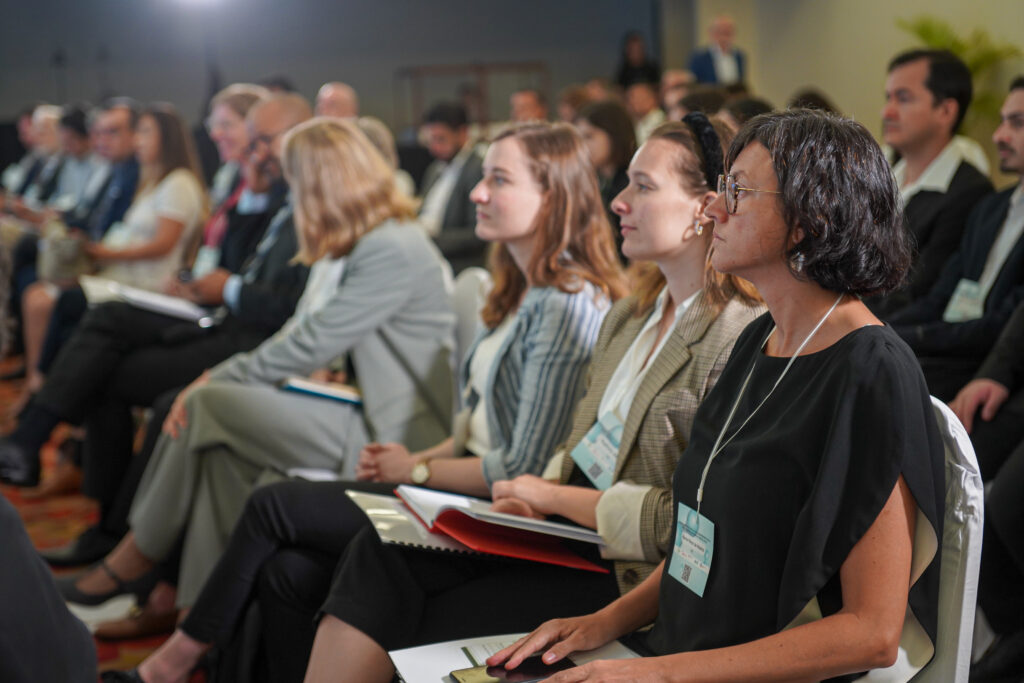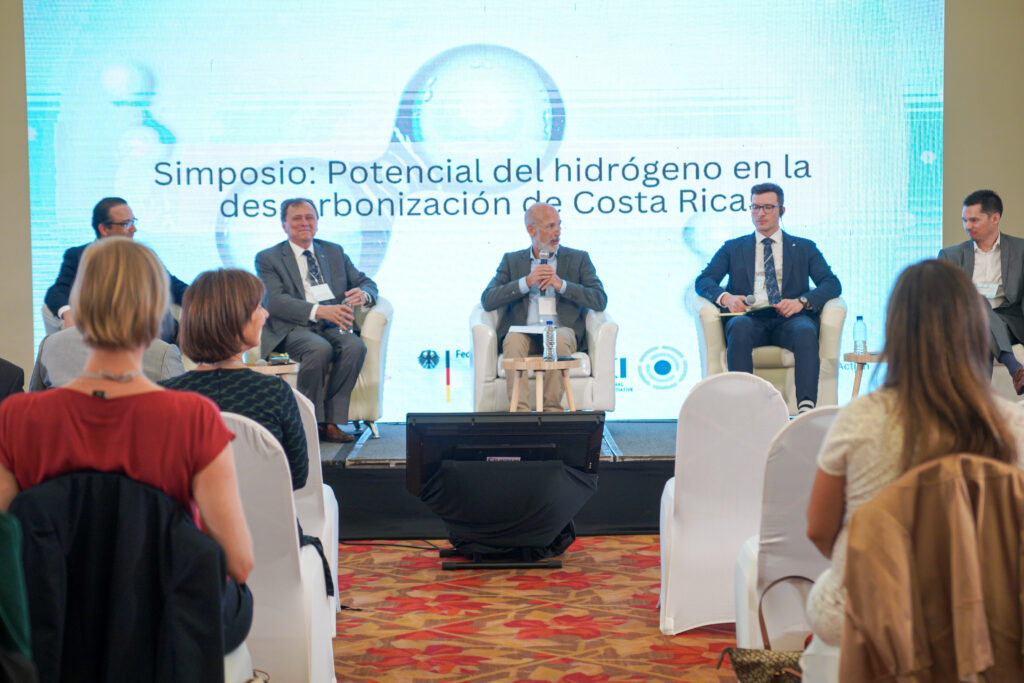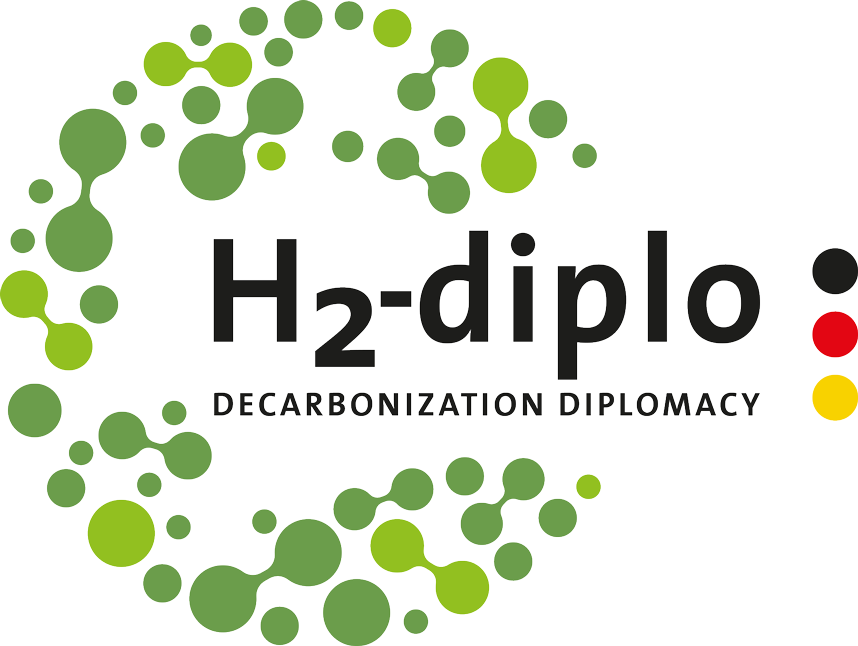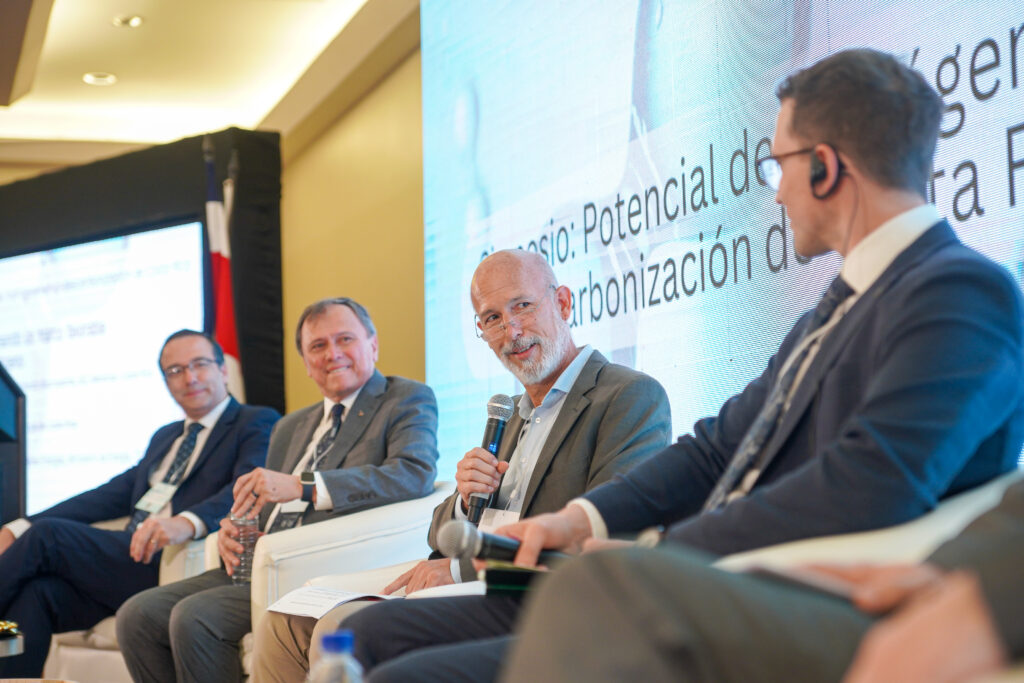As one of the few nations that satisfy nearly 100% of its electricity demand from renewable sources like hydro, geothermal, wind, and solar, Costa Rica is uniquely positioned to lead in the global momentum toward green hydrogen. The country has the potential to produce green hydrogen for its local use in heavy-duty transport, fertilizer production and industry with the option to export to industry hubs around the world. Costa Rica’s launch of its national hydrogen strategy at COP26 was its first important milestone on its path of setting the implementation framework for the Costa Rica’s decarbonisation.

Key discussions focused on creating favorable frameworks for hydrogen production, regulation, and financing, crucial for positioning Costa Rica as a key player in the global green hydrogen market. The event also delved into the geopolitical implications of the emerging global hydrogen trade, strategies for decarbonising mobility, and reducing industrial emissions.
The forum’s agenda featureds notable speakers, including Franz Tattenbach, Costa Rica’s Minister of Environment and Energy, and international experts like Abhinav Charan from McKinsey & Company, and Franklin Chang, CEO of Ad Astra Rocket Company. The sessions will covered topics ranging from global hydrogen trade and geopolitics to the specifics of Costa Rica’s green hydrogen potential, infrastructure, and necessary policy frameworks.
The event represented a significant step in strengthening cross-cutting networks between policymakers, industry, and science, reinforcing Costa Rica’s role in supporting global decarbonisation efforts.
The Future Forum Green Hydrogen is a series of events designed to incorporate foreign policy issues and geopolitical aspects into international discussions about green hydrogen. This installment in Costa Rica was set to be a landmark event, shaping the future of green hydrogen in the country and beyond.



